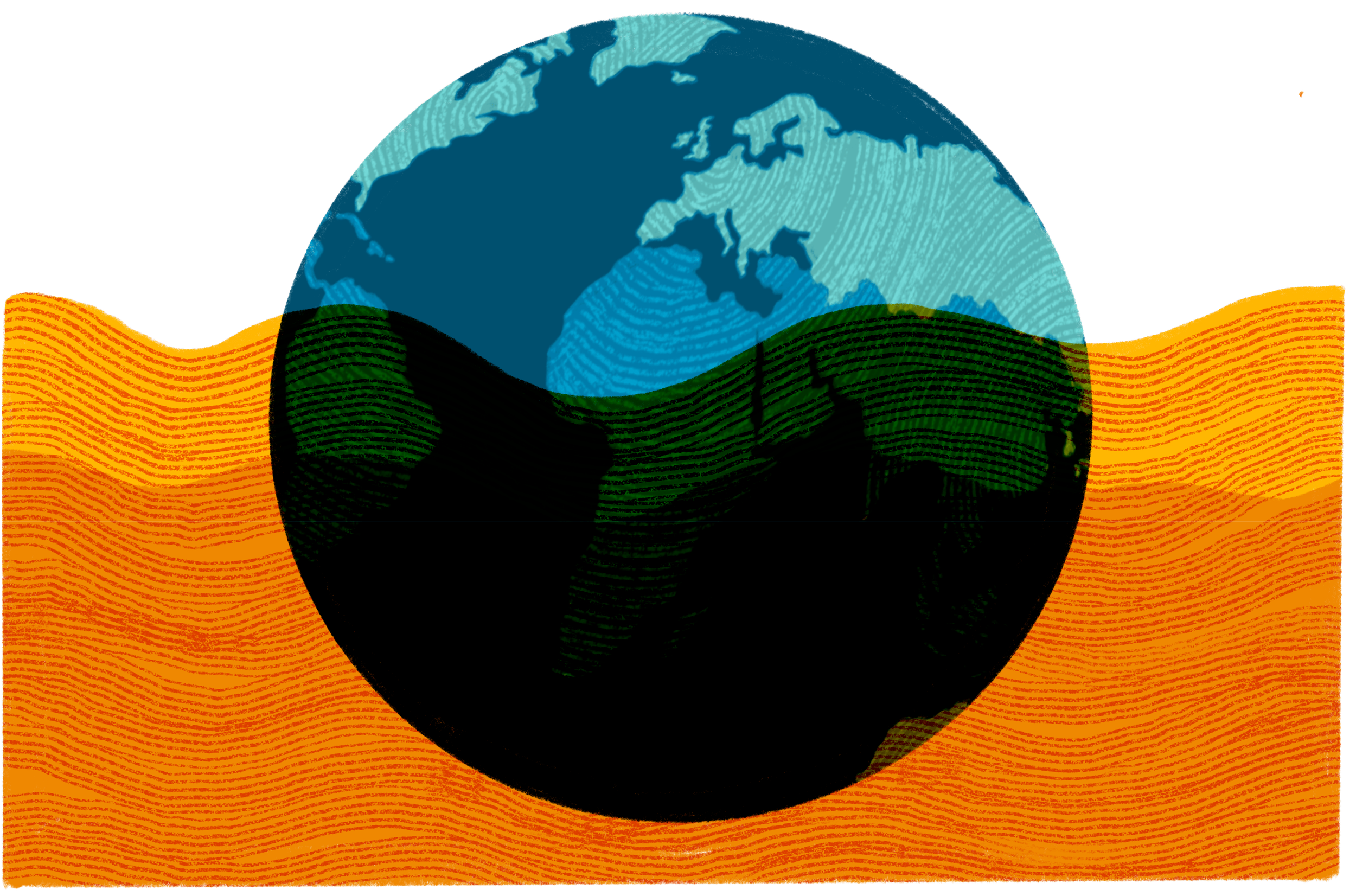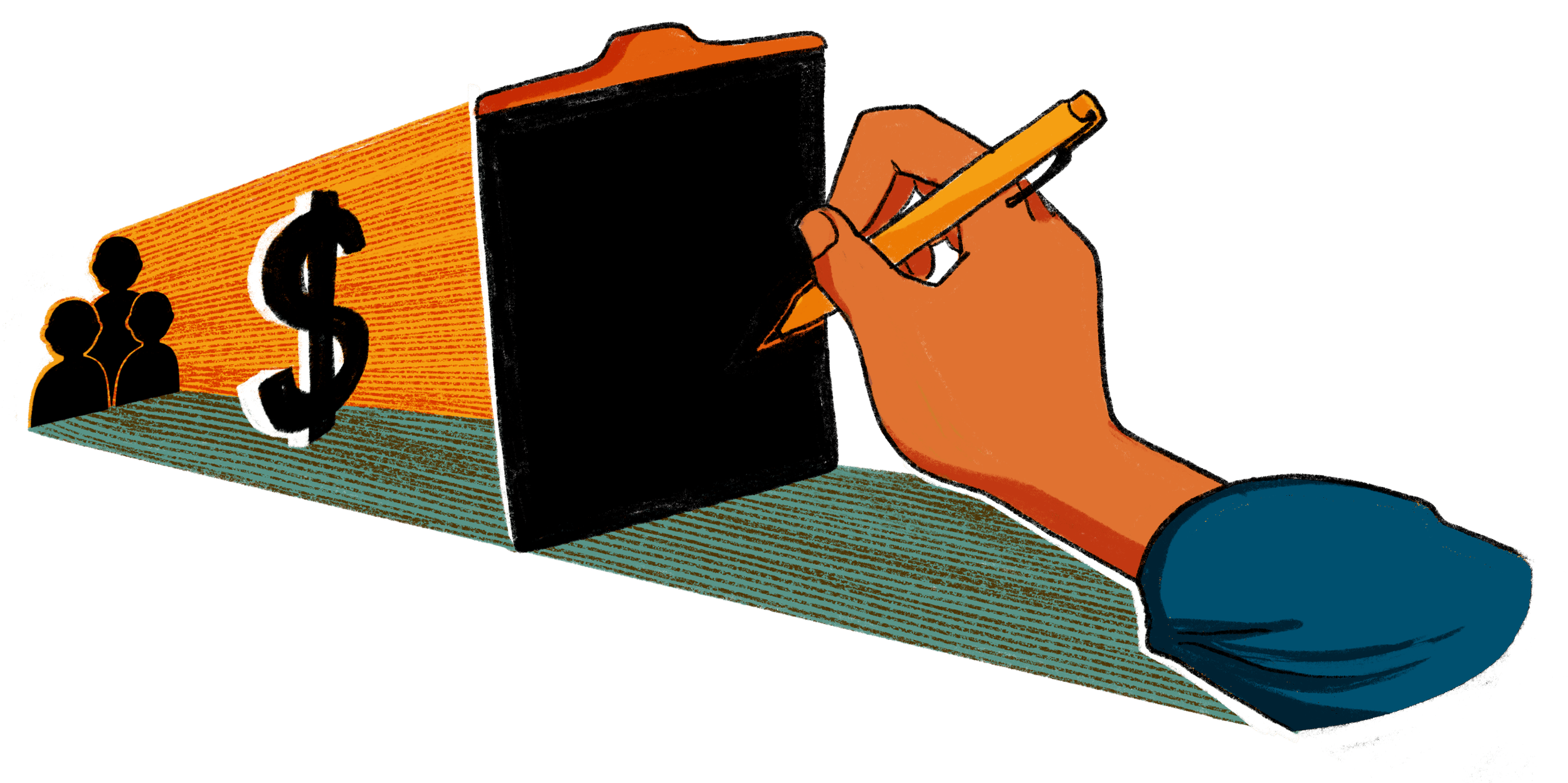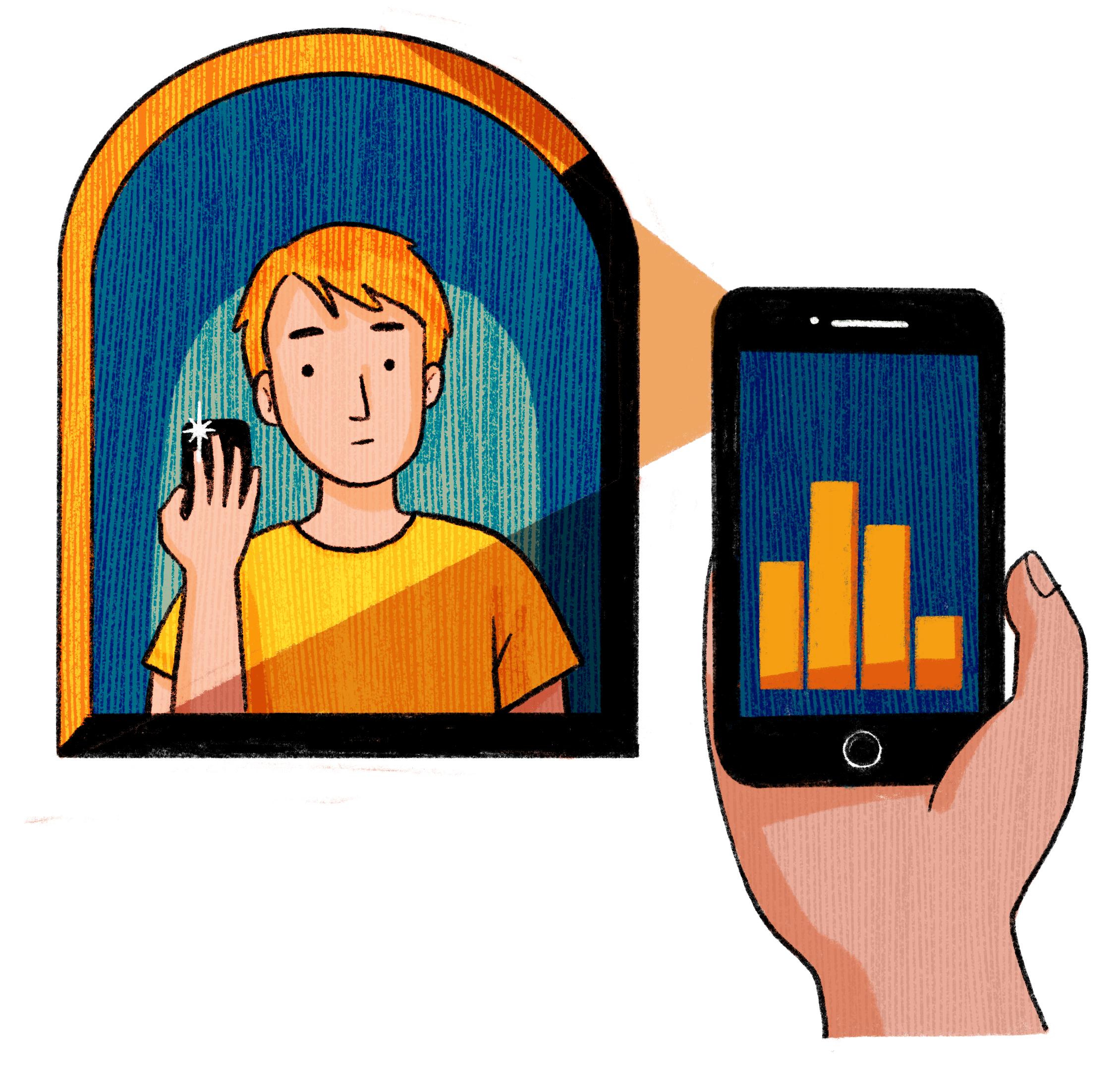Data justice(s): Thinking with entanglements
Cal Biruk
What is data justice? The broad question that underpinned our discussions in the workshops initially overwhelmed me. My mind immediately conjured things that seem too big to grasp: algorithms, dataveillance, and the endless streams of data that emanate from our everyday engagements with data technologies. Yet, as the workshops proceeded, I realized that perhaps the question we were really asking was: What are data justice(s)? This shift from the singular to the plural (data as plural rather than mass noun and justice as situated, contingent, and contextual rather than universal and impartial), signals the potential in ethnographic approaches to data. Such approaches promise to bring a granularity and a ‘smallness’ to all kinds of data, countering generalizations and abstractions that characterize imaginaries of (Big) Data. My own interest in postcolonial data projects and politics seeks to bring empirical depth to abstract concepts key to thinking about data justice: surveillance, ethics, consent, empowerment, and exploitation. Making data ‘small’—graspable, material, intelligible—entails starting with place-based entanglements between humans, data, technologies, data practices, infrastructures, and desires. Attending to these entanglements-in-place loosens the hold that visions of justice rooted in state projects (say, reconciliation or judiciary systems) have on our imagination and refigures justice as ongoing project whose forms shift across bodies, historical moments, places, and relations.
My ethnographic work in Malawi over the past 15 years has taken interest in postcolonial data politics and practices as they play out in global health worlds. My current project, for instance, focuses on how the rise of financialized global health and the hunger for ever-more granular data on the part of donors seeking ‘return on investment’ from funds dedicated to ‘ending AIDS’ in Africa affects LGBTI-individuals deemed most vulnerable to HIV (termed ‘key populations’). The global focus on key populations directs much-needed resources toward vulnerable, stigmatized groups who lack access to health services like HIV-testing. Yet, as friends and colleagues affiliated with a Malawian LGBTI-rights organization that implements HIV interventions and research express, these resources carry with them demands for numbers and data that can make them feel like ‘victims of research.’ LGBTI individuals are tasked with the unpaid or underpaid labor of efficiently ‘finding the positives’ to meet donor-set indicators that aim to keep the ‘cost per HIV+ person identified’ as low as possible. They become a captive labor force whose job is data-work. Yet, to frame this story only in terms of Africa’s history as a ‘laboratory’ for the global North or render it in the critical lexicon of exploitation overlooks how Northern-led data projects also conjure desires for recognition and representation, provide essential livelihood for local LGBTI people (even if only in the form of small, episodic ‘incentives’ for enumerators or peer educators), and forge new kinds of politics (see Tichenor 2016 on data strikes in Senegal and Lorway 2020 on how Kenyan sex workers reroute and repurpose technocratic knowledge and infrastructures toward their own ends). Attention to such entanglements of power, material resources, self-fashioning, labor, and desire brought about by data practices and projects lends specificity to conversations that traffic in abstract ideas of ‘exploitation,’ ‘liberation,’ and justice. In this case, for instance, exploitative data infrastructures also become the grounds upon which vulnerable groups might forge new relations, economic gain, and political projects.
Making data ‘small’ might also look like thinking from our own embodied entanglements with data and data technologies. Starting with the body lends depth to imaginaries of data justice, in particular in terms of resistance to dataveillance, which often hinges on (protecting) privacy, enhancing data literacy, or facilitating ownership of data. In our group discussions about what kinds of cartographies might help us imagine data justice, I took my own body and its engagement with a fitness wearable as one entry point to re-mapping the scholarly lexicon of bodies and data technologies, which often theorize from and with an ideal, unmarked type (‘the body’). Scaling such discussions, instead, to my body (and seeing data, wearables, and my body as an entanglement), however, helped render the operations of data and technology on bodies in new ways. For instance, I am an avid member of a ‘science-backed, technology-tracked’ boutique fitness experience. I have a vexed relationship to the company’s proprietary wearable fitness device which transforms my heart rate and caloric burn into ‘data’ displayed on a screen to fitness classmates, something many people find ‘creepy’ or ‘surveilly.’ Yet, scaling analytics like ‘surveillance’ and ‘privacy’ to my own transmasculine, ‘misfit’ body brings new angles to such conversations. Bodies who have internalized their misfit status and been subject to surplus scrutiny by those who seek to authoritatively classify them as ‘this or that’ might paradoxically find pleasure in the creepy display of numbers: The numbers on a screen become a distraction from the physical body and its felt imperfections: they reference rather than represent the body.
A specific awkward body and its slippery movement between categories like male or female becomes momentarily just ‘the body’ among others. Here, abstraction, reduction of complexity and becoming data are felt as a source of comfort and present misfit bodies the possibility of hiding in plain sight, making dataveillance into a queer pleasure. So, too, do tropes of cyborgs amid the seeming increasing technologization and datafication of the body overlook how trans people have long been aware of how the suturing of different parts makes trans bodies into always already biotechnical things. ‘The body’ has never been autonomous from technology, surveillance, or data. So, too, does my partner’s experience as a Type-1 diabetic support this point: Type-1 diabetics who do not consent to clinic privacy policies (which compel personal data sharing for research purposes) are not able to access insulin or care. Thus, ‘the body’ is made ‘whole’ only through consent to policies that fragment it into data-slices.
The consenting ‘I’ has already had much stolen before entering into the informed consent ritual. Centering the lived material body, which is itself layered entanglements aptly theorized by scholars in queer, trans, disability, and Black studies, might trouble some of the analytics that lie at the heart of data stories and imaginaries: consent, data ownership, surveillance, privacy, visibility and invisibility, harms, and benefits. Close attention to these kinds of ‘small,’ complex, and shifting entanglements, then, might helpfully denaturalize much that is taken for granted in conversations about data justice.
References
Lorway, Robert. 2020. “Experimental entanglements: Surveillance science, sex worker activism, and evidentiary politics in Kenya.” Medical Anthropology Quarterly 34(3):398-419.
Tichenor, Marlee. 2016. “The power of data: Global health citizenship and the Senegalese data retention strike.” In Vincanne Adams, ed. Metrics: What Counts in Global Health. Durham, NC: Duke University Press (pp. 105-124).



